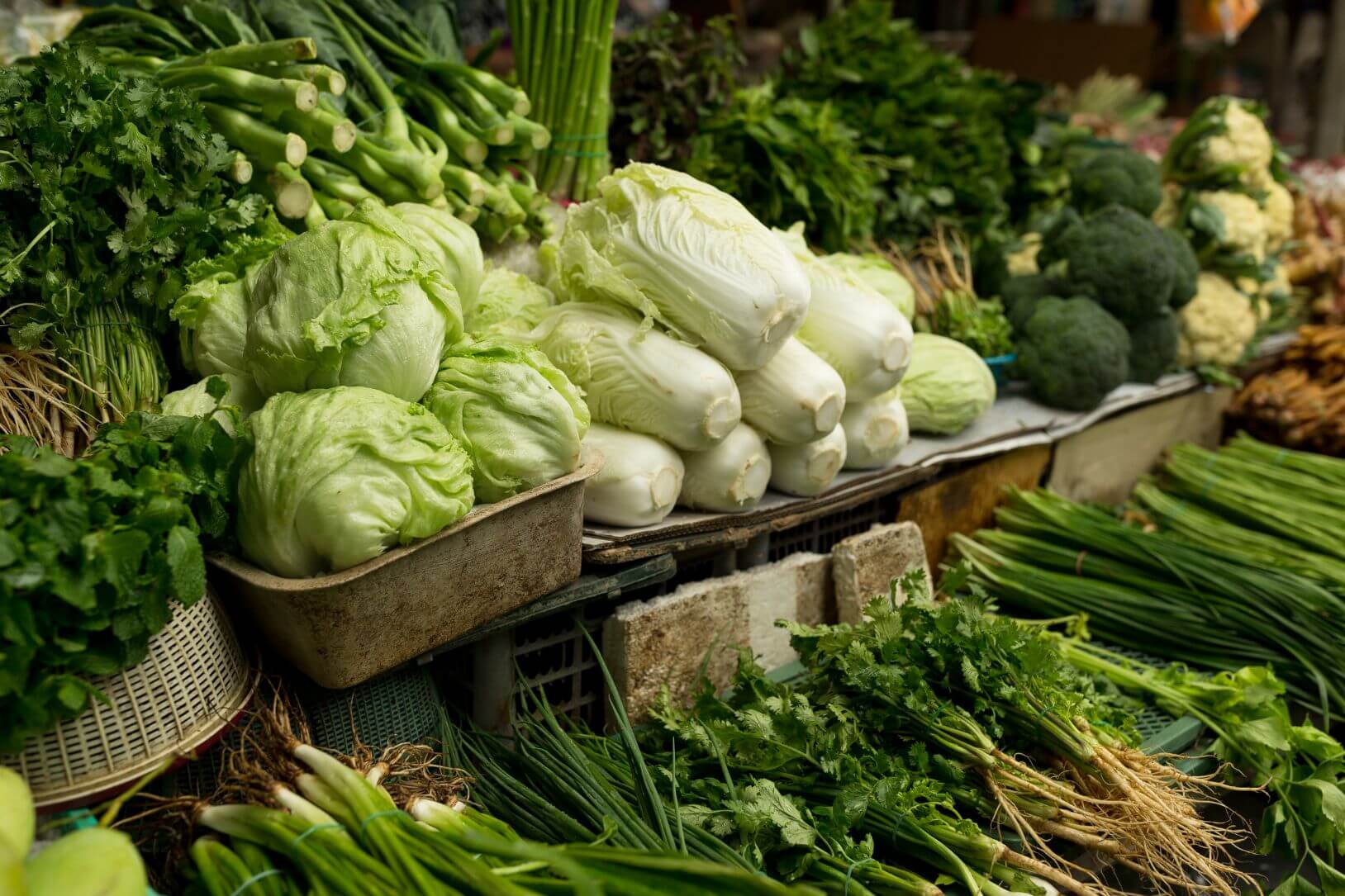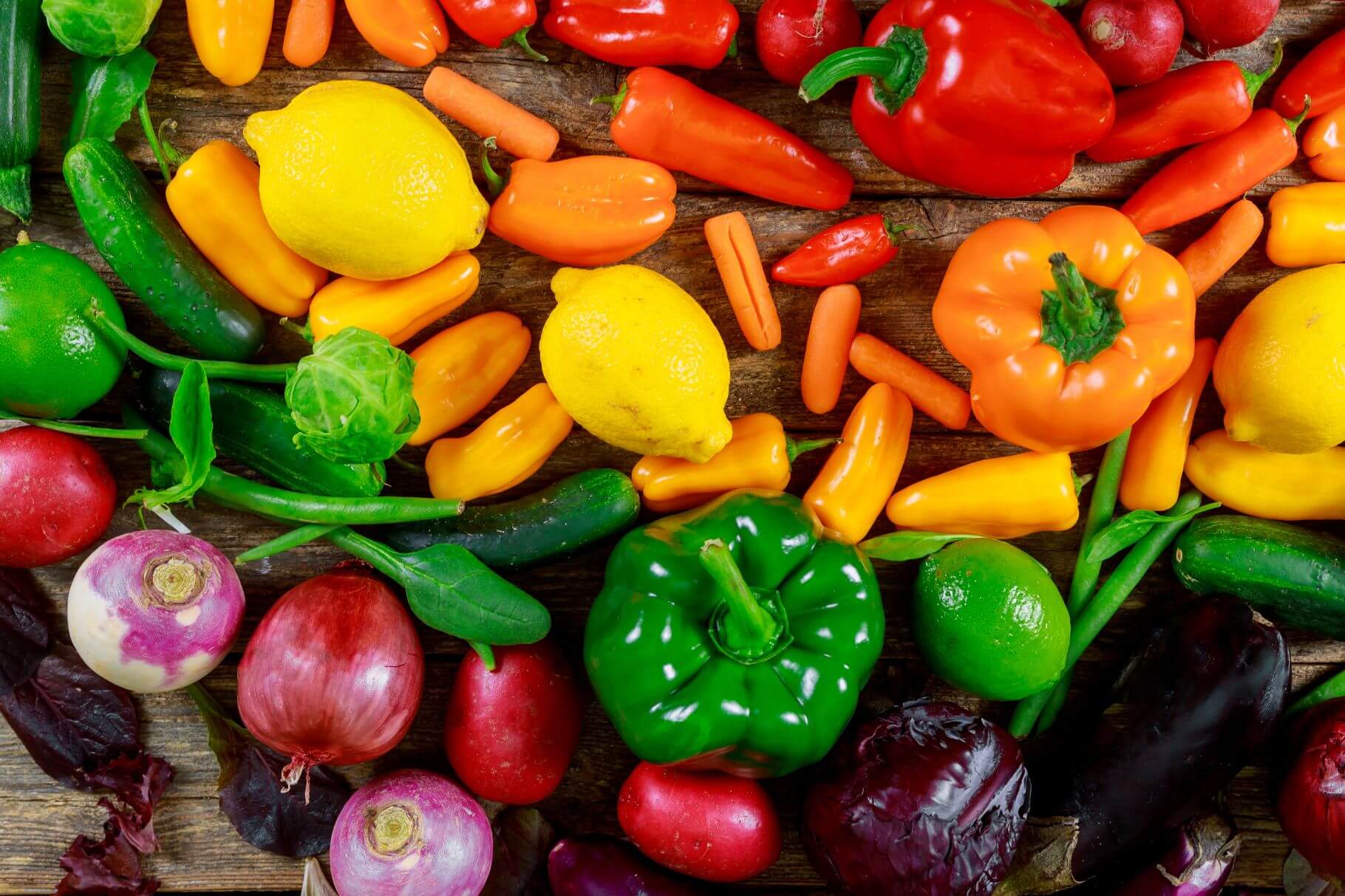Feeling run down lately? Are your fingernails getting fragile? Maybe your hair seems like it’s down in the dumps?
All of these are signs of not having enough protein in your body.
It’s a stealthy issue, and one that’s not restricted to people who eat a diet high in processed food. Vegans and others who stick to foods without animal proteins can find themselves short on this crucial body building block quickly.
Example? A cup of almond milk contains 1 gram of protein. Cow’s milk? There’s around eight and a half grams of protein in the same cup. Worse, a lot of plant proteins are incomplete, missing some of the nine essential amino acids found in other foods. Quinoa and soy are some of the only complete proteins that aren’t animal based.
We’re not trying to talk anyone out of changing an ethical diet, however. There are many vegetable sources of protein available if you’re aware of them. Rather, we want to show that even a healthy diet can come with unwanted complications if you’re unaware of them.

Complications Which Might Mean A Protein Deficiency
It’s worth pointing out that serious protein deficiency is relatively rare in developed nations like the US. It can still happen, although it’s more often restricted to people with underlying medical conditions. People with diseases like anorexia and cancer can become susceptible to the symptoms of protein deficiency, as can those who have severe eating disorders. Patients from diseases like Crohn’s disease can also become susceptible to it.
However, milder symptoms of protein deficiency are more common. Take overeating and obesity – although more research on the subject needs to be done, some studies have shown too little protein in a person’s diet can actually make them hungrier, resulting in overeating.
Some of the signs you might not be getting enough protein include:
You’re More Susceptible to Diseases: This is one place you don’t want to come up short in in these times. Protein is a major component of antibodies, blood proteins which help us resist diseases like colds and the flu. With fewer antibodies, we become much less resistant to diseases – and they tend to be more severe.
Swelling Up: A major sign of not getting enough protein are hands, legs, and feet swelling up. Protein may help prevent fluid from building up in the body. But be careful: swelling (also known as edema) is also a symptom of far more serious conditions. If you discover you’re dealing with swelled limbs, consult a doctor quickly.
Brittle Nails & Hair: Protein helps our bodies build more proteins like collagen, elastin, and keratin. With reduced protein, hair and nails become brittle and thin. Ridges on fingernails deepen, hair gets thinner, and skin starts getting dry and flaky. Again, these may be signs of a more serious problem so if you notice a lot of sudden hair loss or skin damage, it’s best to consult with a physician.
Brittle Bones, Too: A diet rich in protein protects your bones. Without protein, your body won’t have enough fuel to keep your brain and other organs functioning at a high level. Your body compensates by taking protein from muscles and other structures which protect our bones. Without that strong support, our skeletons are a lot more fragile.
You’re Losing Weight … But You Don’t Look Or Feel Thinner: Our bodies compensate if we’re not putting enough protein into it. Basically, we start eating our muscles. Worse, the body seem to assume we’re in a famine once a lack of protein is detected – it reacts to a lack of protein by holding onto fat stores. You might be losing the weight you want to keep and gaining the weight you want to lose. And when you lose muscle mass …
You Feel Tired All The Time: When you lose muscle mass, you’re naturally less strong than you once were. It also slows down your metabolism. Live with a protein deficiency enough, and you might actually develop anemia.
So What Is Protein, Anyway?
Protein is one of the three macronutrients – the others are carbohydrates and fat. Macronutrients are what makes food act like fuel for our bodies. All macronutrients provide us energy, and we need them in large amounts to maintain ourselves and carry out our daily functions.
In protein’s case, it provides our bodies with structure. Our hair, skin, bones, and fingernails all rely on protein for healthy growth. It’s key in maintaining cell membranes and organs, and helps strengthen ligaments, bones, and tendons.
The National Institutes of Health recommends 0.8 grams of protein per kilogram of body weight each day. If you weigh 150, you need close to 54 grams of protein daily.
Where Do I Get Protein?
Protein is fortunately available in a wide amount of food. It’s found in:
- Beans and lentils
- Fish, meat and dairy
- Nuts and seeds. For the vegan (or vegan-curious),nut butters also contain proteins
- Soy products including tempeh and soy milk
- Whole grains
Its important to remember while some sources of protein (bacon and lunch meat, for starters) often sell themselves as good sources of protein, it’s wise to limit your weekly intake of red meat. Processed foods can also come with an increased cancer risk from preservatives, too.

A Healthy Diet Benefits From Variety And Maintenance
You can’t take a “set it and forget it” approach to a healthy diet. It’s all too easy to miss out on critical building blocks while you’re planning meals. Read labels, research online, talk to your doctor, and pay attention to what your body’s telling you. You’ll avoid pitfalls like protein deficiencies like a pro with just a little effort.
A protein-rich diet is great for maintaining physical and mental health. You can enhance your diet and workout plans in other ways, too. Sculpt Spa offers a wide variety of body contouring and other wellness treatments which can help you tone muscles, keep pounds off, and strengthen yourself while enjoying a spa-like setting.
Want to learn more about Sculpt Spa’s aesthetic treatments in Las Vegas? Contact an expert now!
CONTACT INFO
- Sculpt Spa
- 10140 West Tropicana Avenue Suite 126, Las Vegas, NV 89147
- (702) 977-1066
-
Monday – Friday: 9AM – 8PM
Saturday – Sunday: 9AM – 6PM
